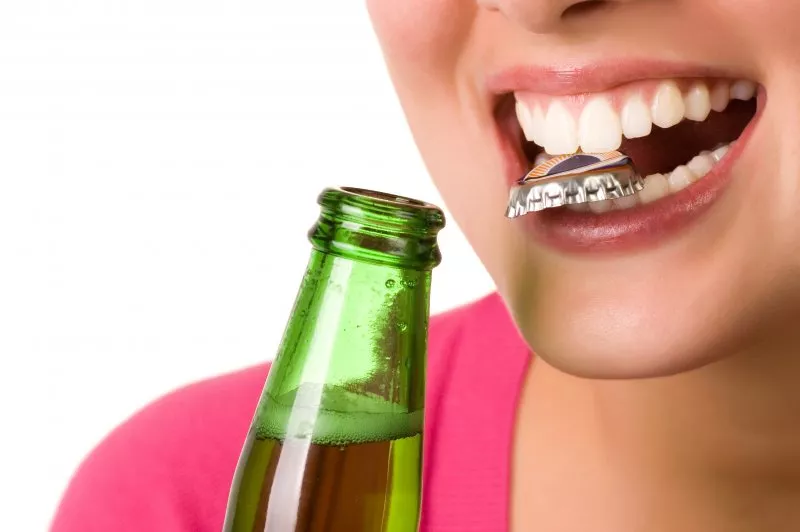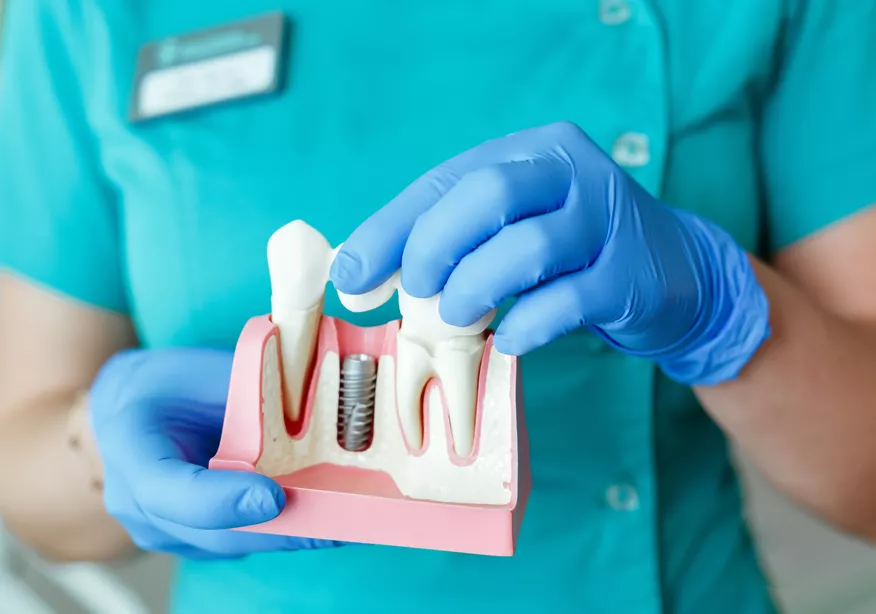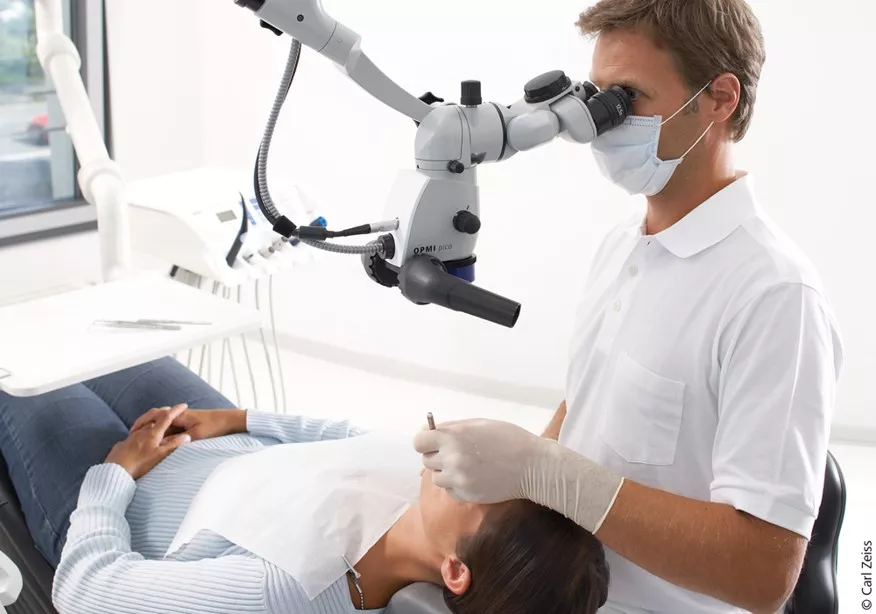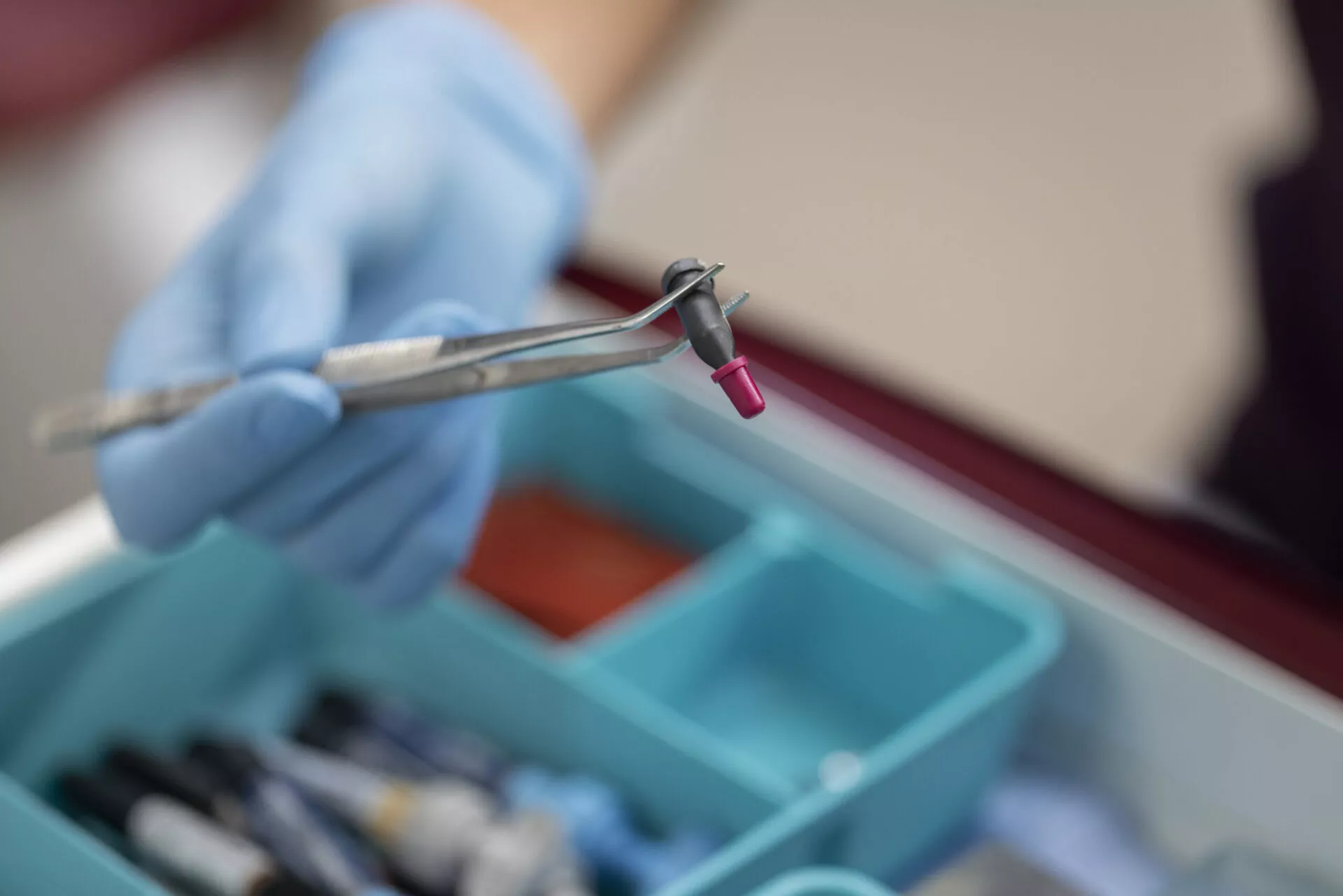Root Canal Treatment and Alcohol

Anyone who has experienced tooth pain remembers it well because it can be quite severe. The pain may prevent a person from sleeping at night, and sometimes pain relievers only provide temporary relief.
Unfortunately, tooth pain often strikes at the most inconvenient times. For example, while traveling or just before a long-awaited special occasion. A person seeks help from a dentist, and the question usually arises: CAN I DRINK ALCOHOL?
Is it allowed to drink alcohol during root canal treatment?
Root canal treatment is a dental procedure during which inflamed/decayed tissue is removed from the tooth root and the root canal is treated. The treatment may require multiple visits to the dentist and several procedures before it is completed.
Patients often ask when and if they can consume alcohol between root canal treatment visits and after the procedure.
It is important to remember that during treatment, patients may take oral medications such as pain relievers or antibiotics. While taking these medications and immediately afterward, it is not advisable to consume alcohol. Alcohol can affect the effectiveness of medications and, in combination with them, may have toxic effects on the liver.
Alcohol can increase the risk of bleeding, slow down the healing process, and interfere with the action of medications. It may also weaken the immune system’s ability to fight infections. Additionally, alcohol consumption can alter behavior (when intoxicated), leading to health-damaging decisions and actions.
For some people, root canal treatment may take months. In such cases, if you wish to consume alcohol, it is essential to consult your dentist. The dentist can advise whether and how many days after the procedure alcohol consumption should be avoided.
The general rule is to avoid alcohol consumption during treatment and immediately afterward, if possible.
We hope this blog has provided clarity on this common question.
News

Tooth Pain After Root Canal Treatment
Read more
Root Canal Treatment at Home
Read more
Advantages of Implants Over Traditional Bridges and Prostheses
Read more
Which Dental Implants are Best: Dr. Regina Kuningas-Ott Explains
Read more
Advantages of Using a Microscope in Root Canal Treatment
Read more